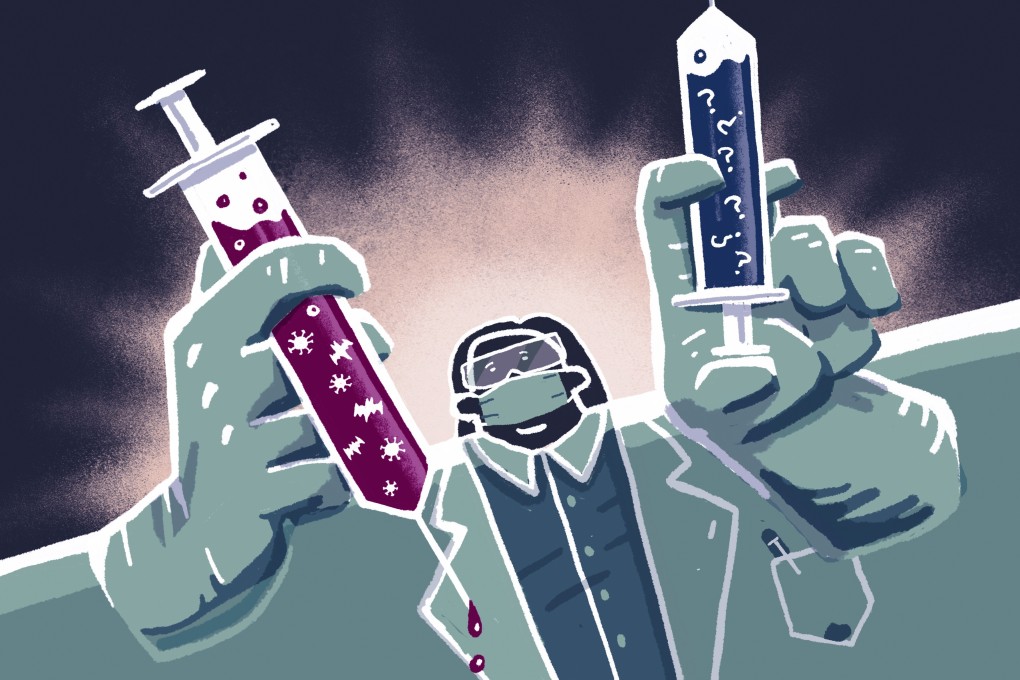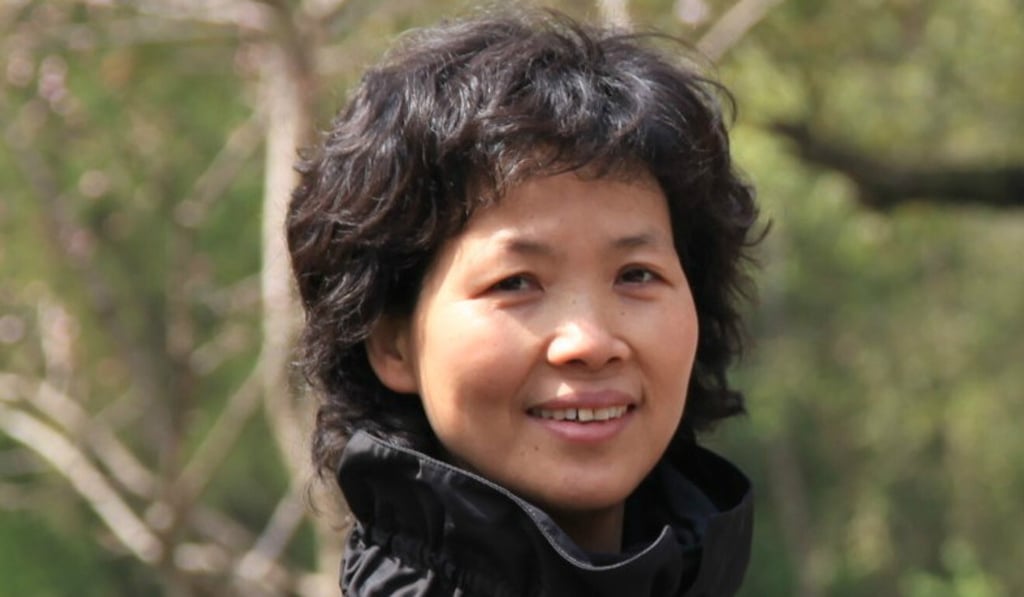Vaccine race: ‘unprecedented’ momentum and questions for deliberately infecting volunteers with Covid-19
- Scientists are debating whether the rewards of human challenge trials are worth the risks
- Lack of proven treatment for the disease creates ethical issues for those considering the strategy

But when she joined a World Health Organisation (WHO) advisory group in April, she was tasked with weighing one of the most pressing ethical dilemmas in humanity’s fight against the Covid-19 pandemic: is it justifiable to deliberately infect healthy young people with the disease if it helps scientists discover a vaccine?

The global acceleration of the Covid-19 pandemic, which has infected nearly 17 million people and killed over 666,000, has prompted some scientists, ethicists and volunteers to challenge the traditional views about HCTs – but they all agree that such trials must be done ethically and with the free consent of volunteers.
The WHO advisory group, comprising more than two dozen scientists from different countries and disciplines, discussed technical issues about how to design and implement human challenge trials, should the green light be given by a future ethics committee and health authorities.
Among the questions the team grappled with, three were particularly contentious.